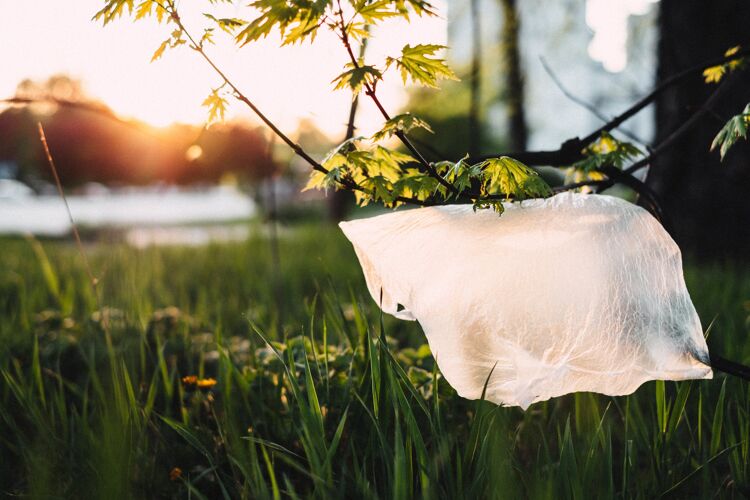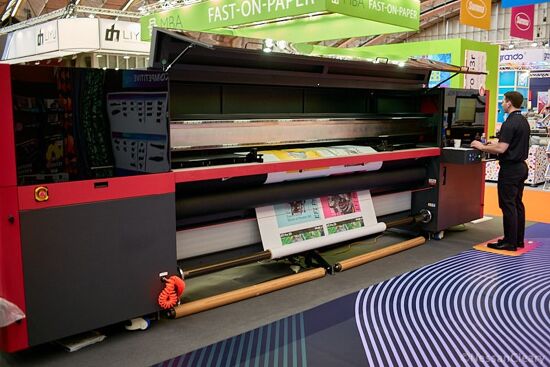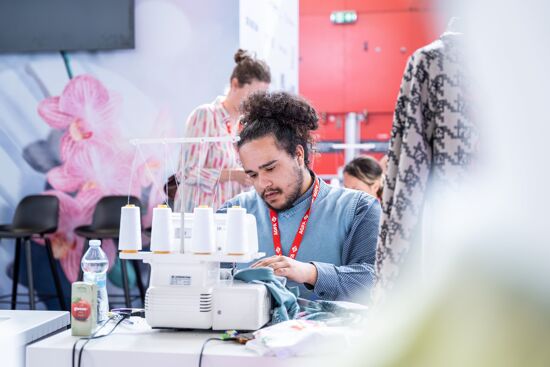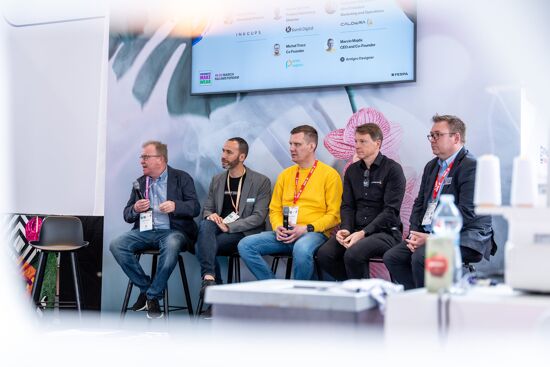Plastics pollution being tackled

Laurel Brunner discusses how the Ellen MacArthur Foundation’s new coalition is making great strides in plastic pollution management.
If you have an interest in the packaging business as a manufacturer or converter, it’s important that you know about the Ellen MacArthur Foundation’s new coalition. Initially launched in 2010, the foundation works with governments, industry and academia to produce an economic framework that is designed to ensure that waste is not wasted. Instead it is used as raw material for other endeavours or gets reused. Circular economies reduce emissions by closing as much as possible energy and material loops.
The Ellen MacArthur Foundation has various partnered programmes to push the necessary changes required to achieve circular economies. The new coalition was set up earlier in the year and currently does not have a name, however it already includes businesses and governments around the world working together to manage plastic pollution. So far, 14 international organisations have joined the coalition and includes CocoCola, Unilever, Walmart, Pepisco, L’Oréal and Nestlé. All 14 companies are committed to using 100% recyclable, reusable or compostable plastic packaging by 2025. The name for this group will be announced later this year.
The coalition has signed up to several commitments and numerous key principles. These include the removal of unnecessary plastic packaging; the reuse, recycling or practical composting of all plastic packaging. This ensures that plastic packaging does not include “substances of concern” and that the amount of recycled content is maximised.
The sheer number of this coalition’s supporters suggests that their collective actions may affect all aspects of the graphics industry supply chain for packaging production. Paper makers have a chance to further develop cellulose-based plastics. Ink makers will require formulas that work on new materials designed to replace existing petrochemical-based plastics. Printhead manufacturers will need to ensure their heads work in conjunction with new ink formulas and materials. Digital press manufacturers will need to guarantee that their presses produce prints on the new substrates that are fit for purpose and obey with safety and environmental regulations.
This initiative includes several companies, brands and products that are the lifeblood of packaging printers, therefore it’s worth learning more about it. Unilever has stated that by 2025 at least 25% of its packaging will derive from recycled plastic. Unilever is currently working on a plastics protocol for the industry to develop a technical solution for multi-layered sachet recycling. CocaCola is working on a plan to help collect and recycle all packaging associated with its products by 2030. It wants all consumer packaging to be 100% recyclable by 2030 and for 50% of its packaging to have recycled content by 2030. Nestlé intends for 100% by 2025 and is removing nonrecyclable plastics along with complicated blends of packaging materials. It is working on deposit return schemes and supporting what it calls “professionalising informal collection systems”. More information is available on the Ellen MacArthur Foundation website.
Source: This article was produced by the Verdigris project, an industry initiative intended to raise awareness of print’s positive environmental impact. This commentary helps printing companies keep up to date with environmental standards, and how environmentally friendly business management can help improve their bottom lines. Verdigris is supported by the following companies: Agfa Graphics, Spindrift.click, EFI, FESPA, HP, Kodak, Kornit Digital, Ricoh, Splash PR, Unity Publishing and Xeikon.
Topics
Interested in joining our community?
Enquire today about joining your local FESPA Association or FESPA Direct
Recent news

Are analytics services worthwhile for wide format printing?
Nessan Cleary shares how press manufacturers are increasingly offering machine analytics services and shares if these are good value for money in the wide format sector.

Smart factories and customisation technology explored at Personalise Make Wear 2024
FESPA's Textile Ambassador, Debbie McKeegan speaks to industry specialists at Personalise Make Wear at Personalisation Experience and Sportswear Pro 2024 held in Amsterdam. Each day of the exhibitions Debbie hosted a fire-side chat with these specialists to discuss various industry topics. During this Fire-side chat with Antigro, Caldera, Print Logistics, Inkcups and Kornit Digital they discuss the role of digital technologies in personalisation, reshaping the supply chain, the future of manufacturing and more.

The pros and cons of Digital Signage and Printed Signage
Sonja Angerer discusses the pros and cons of both digital signage and printed signage. Current developments such as artificial intelligence and spatial computing are changing the situation once again. How will this shift affect printers?
